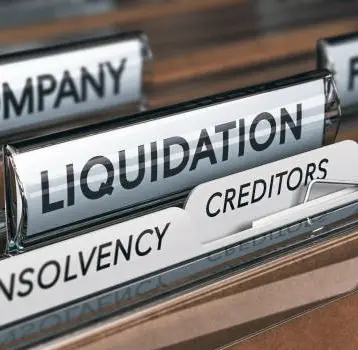A research held at the University of California in 1998 took a closer look at “collective intelligence” – the effectiveness of a group compared to that of a single person. In the first stage of the experiment each participant was instructed to find the shortest way out of a maze. The same task was then given to a group of people, and the results of the individuals and the groups were compared. The outcome was quite intriguing – given that the shortest path out of the maze could be found after going through 9 passages. The average result for an individual person was 12.4 passages, while the groups performed consistently better, until a group of 20 participants found the optimal 9-passage path. These results are surprising, especially given the fact that none of the participants had any previous knowledge of the maze structure, so there was no evident advantage to a group over an individual person.
The importance of public opinion is easily evident in the ongoing “Information Revolution”. For example, the pages which are being linked to most on the Internet are the first to appear in the results of online search engines, e.g. Google.
Already in 1988, the University of Iowa Business School founded the IEM – Iowa Electronic Markets. The IEM is very similar to a stock-exchange market, the only difference being that the assets sold are stocks representing a forecast concerning the result of a certain election – Presidency, Congress etc. Each participant buys a certain amount of stock in correlation with the degree to which he trusts that the forecast represents the upcoming results. The stock prices increase and decrease according to the buyer’s demand. In this way, the price of each stock represents the “chance” that the forecast will be correct, and in a sense – its “market value”.
Research shows that in 49 elections held between the years 1988-2000, the results of the IEM were at most 3.43% different from the actual ones. This is astonishing, given the fact that in 3 out of 4 cases these results were more accurate than those of the classic electoral polls. Recently, stock-exchange markets of this kind are becoming increasingly popular, giving the public the opportunity to vote also on a variety of non-political subjects such as the predicted gross income of newly released movies and whether as well as political such as “The U.S. troops will be leaving Iraq soon” or “the Dow-Jones will go up on 7/9”.
The Israeli “Nimanix” start-up company, founded by graduates of the “Technion” (Israel Institute of Technology), has taken the next step in the development of forecast-exchange markets. The “Nimanix” market allows the participants to trade with specific forecasts – “yes”, “no” answers, or other specified possible outcomes of an event. Each participant has a status on the market, depending on his previous forecast results. As he earns more, his forecasting status grows on the market, together with his influence and buying power, of course.
This market is an extremely useful tool for various companies, who usually seek this information by performing numerous market-polls, and base important business strategy decisions on the results of such polls or focus-groups. That is exactly where the business potential of such an exchange market lies – the players are encouraged to participate and do so willingly and the information is automatically received.
The future of such markets lies in the financial field. “Nimanix” hopes to reward successful players with more than just a “Way to Go!” note. After all, the information provided by the forecast exchange market is one of great value to many firms in different industries. With that in mind, Elad Amir, CEO of “Nimanix”, says that the target is not only financial: the market will provide a strong motivation to be personally active, to speak up and influence the Internet community.
Comparing the stock-exchange market to the forecast-exchange one – many may prefer relying on their own opinion rather than guessing the performances of company stocks, and may find the prediction-markets much more profitable.
So the next time you’re in need of a weather forecast, ask your neighbors whether they think it’s going to rain tomorrow – they might give you a more accurate answer than the weatherman…










